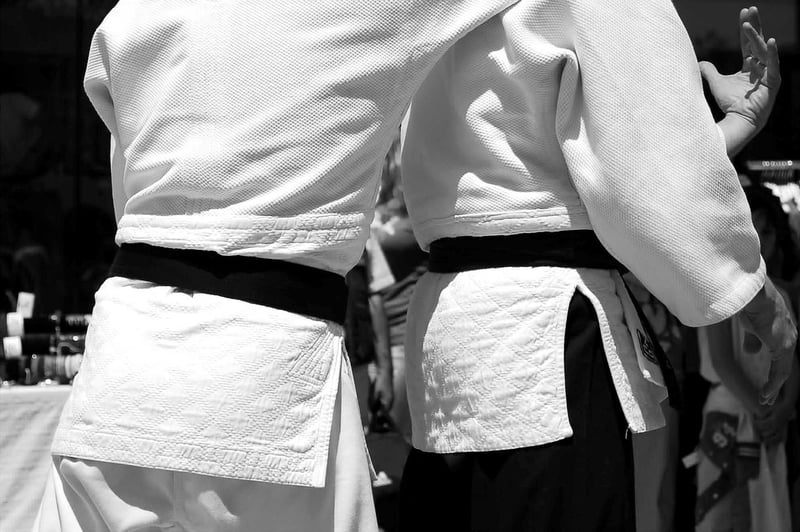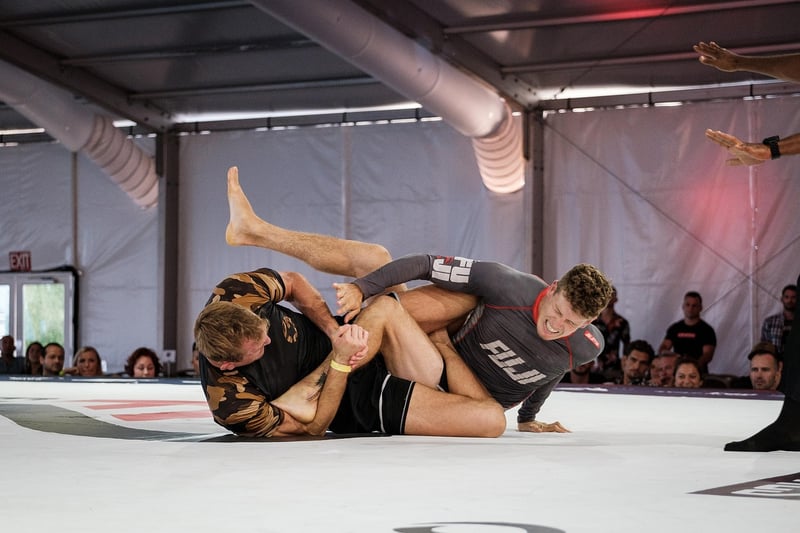Jiu-Jitsu
Discipline and Self-Defense Techniques in Jiu-Jitsu
Jiu-Jitsu is a martial art that not only teaches self-defense techniques but also instills discipline and mental fortitude in its practitioners. This dynamic martial art focuses on grappling and ground fighting, making it an effective form of self-defense for individuals of all ages and sizes.
The Importance of Discipline in Jiu-Jitsu
Discipline is a core principle in Jiu-Jitsu training. Practitioners learn to control their emotions, stay focused, and develop a strong work ethic. This discipline extends beyond the dojo and into everyday life, helping individuals make better choices and achieve their goals.
Self-Defense Techniques in Jiu-Jitsu
Jiu-Jitsu teaches practitioners how to defend themselves in real-life situations. By leveraging techniques such as joint locks, chokeholds, and positional control, individuals can neutralize threats without relying on strikes or weapons. These techniques are particularly effective for defending against larger and stronger opponents.
Benefits of Learning Jiu-Jitsu for Self-Defense
- Improved self-confidence
- Enhanced physical fitness
- Greater situational awareness
- Ability to remain calm under pressure
- Developed problem-solving skills
Training in Jiu-Jitsu
Training in Jiu-Jitsu involves structured classes led by experienced instructors. Practitioners learn a variety of techniques and drills to improve their skills and build muscle memory. Sparring, known as rolling, allows practitioners to apply their skills in a controlled environment.
Find a Jiu-Jitsu School Near You
If you're interested in learning Jiu-Jitsu for self-defense and personal development, consider joining a reputable Jiu-Jitsu school in your area. Search for academies with experienced instructors who prioritize safety and proper technique.
Start your journey in Jiu-Jitsu today and experience the benefits of discipline, self-defense, and personal growth!

Image source: Pixabay
